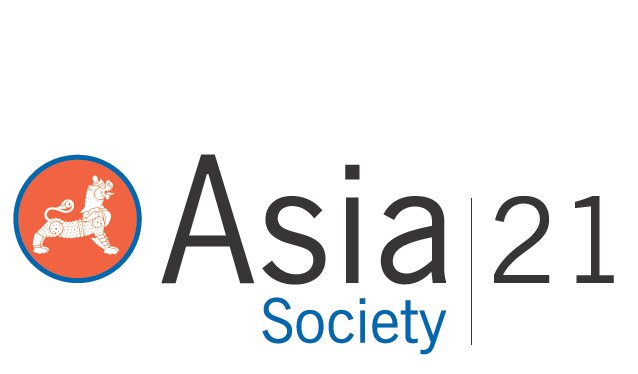by Timothy Chen (Delegate/US, Singapore Summit 2007)
The Chinese are known to take a long view on everything. Story has it that in the 1970s, when Zhou Enlai was asked by Henry Kissinger what he thought about the French Revolution, Zhou responded, "It's too early to tell." Likewise, traditionally most Chinese parents would gladly give everything they have to their children-to invest in the next generation-with the expectation that 40 or 50 years down the road, those children would "repay" the parents by taking care of them in their old age.
In a China steeped in Confucian mores with less in-country migration and deep ties to family and home communities, this was an investment that parents could count on. Parents could also spread their risk by having several children with the hopes that at least one would be there to provide for them in the future. Previous generations had done the same.
But in today's China, with a migratory workforce, looser connections to traditions and most families with only one child, seniors must either trust in the country's limited social safety net, or live with the uncertainty that investments in their children will pay the types of returns that will allow them to retire with financial security.
And what if your family's financial means are limited and you don't have the family savings to invest in your child now when they are pursuing their education? There is a small window of time during which you must have the money to pay to keep your child in school. Some majors at universities in the East might cost as much as four times the annual salary of a worker in a poorer, Western province. According to the National Bureau of Statistics, most Chinese families already spend more money on education than on anything except food. And other expensive items, like computers, have become educational necessities.
For many, government support has been the principal option. Government support for tertiary education is growing, but focuses on those who can demonstrate the greatest need. What's left is a tremendous gap between those for whom school fees are not a problem, and those who receive public sector support. Families in the gap have tried to find informal means to borrow for school, from friends or extended family, or their children had to drop out.
This is where formalized borrowing and a robust set of options for education finance can relieve a tremendous burden from so many Chinese middle and lower income families. With the expansion of education finance, educational decisions about where to go to school and how long to stay in school can be removed from the realities of financial resources. Young people with potential can use their talent as collateral to make sure they stay in school and realize that potential.
Shanghai-based Qifang is facilitating this development. Qifang is an online service for Chinese students to find a way to pay for their education by connecting them with individuals, companies and organizations that can support their educational dreams. Working like an eBay auction, sponsors can bid and compete to help, and lenders can offer internships and job opportunities as well as provide funding to pay bills. Qifang manages the transaction and repayment and is a communication tool for borrowers, lenders and peers. This has helped students learn about related topics like financial literacy too. With nearly 2500 loans on the site, Qifang's model is gaining early traction. In 2008, the World Economic Forum recognized Qifang as a Technology Pioneer for its innovative model and positive social impact.
Importantly, with models like Qifang, parents can still support their children's education according to tradition-helping with any money they can-but there is a subtle but important shift in responsibility to the child. It's their name on the loan and their credit at risk. It's this credit that the child will need to be in good standing to later borrow for a house, a car or to start their own business. And parents can still also depend on their children's improved career prospects to provide for their retirement and golden years, but they can also use some of the money that would have gone entirely to pay for education today to invest for retirement, buy insurance products or otherwise build up their own nest eggs.
Ideally then, family members become somewhat more financially self-reliant, but remain there for each other in times of need and emergencies. Family relationships are freer to become more about emotional and spiritual fulfillment and less about economic necessity.

1 comment:
Hello Everybody,
My name is Mrs Sharon Sim. I live in Singapore and i am a happy woman today? and i told my self that any lender that rescue my family from our poor situation, i will refer any person that is looking for loan to him, he gave me happiness to me and my family, i was in need of a loan of $250,000.00 to start my life all over as i am a single mother with 3 kids I met this honest and GOD fearing man loan lender that help me with a loan of $250,000.00 SG. Dollar, he is a GOD fearing man, if you are in need of loan and you will pay back the loan please contact him tell him that is Mrs Sharon, that refer you to him. contact Dr Purva Pius,via email:(urgentloan22@gmail.com) Thank you.
Post a Comment